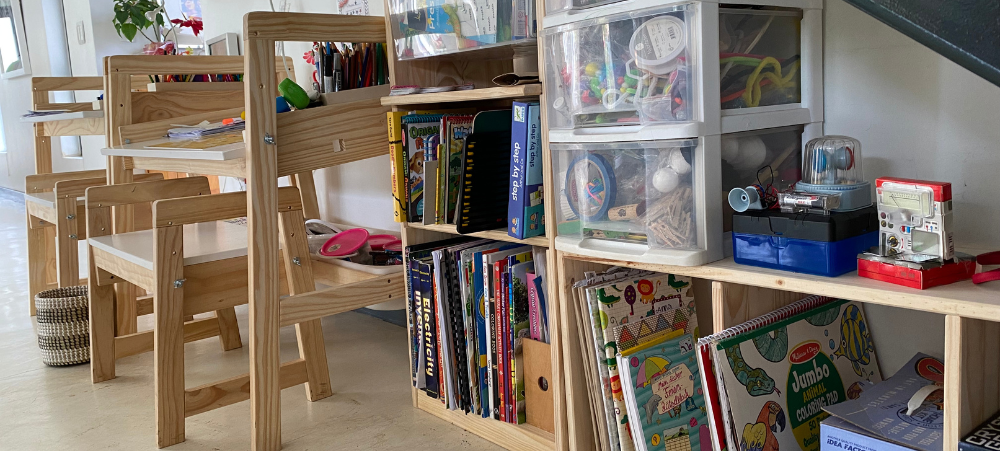
MYSCHOOL AND ACTION IN AUTISM, HIGHLIGHT THE NEED FOR IMPROVED AUTISM AWARENESS AND ACCEPTANCE IN SOUTH AFRICA
In honour of the recent Autism Awareness Month, MySchool MyVillage MyPlanet (MySchool), South Africa’s leading community fundraising platform, is highlighting the vital work being done by one of its beneficiaries to support families and individuals impacted by autism. Action in Autism is a MySchool beneficiary, which works to bring much-needed awareness and support to this condition that so many people in the country live with. Situated in Durban and established in 2005, Action in Autism is an advocacy, support and fundraising non-profit organisation for people with autism and their families. The main objective of the organisation is to improve the quality of life for people with Autism Spectrum Disorders (ASD) and their caregivers by building partnerships between people with ASD, their families and the community to provide information, counselling and a myriad of other services. “The prevalence of autism is far greater than most of us realise. And as a society, we need to raise more awareness and provide the support that people living with autism, and their families, need,” said Pieter Twine, General Manager at MySchool. Seeing the world differently Autism is a lifelong condition that impacts on all areas of communication and social interaction. The condition can manifest itself in many ways and is highly diverse. Autistic people communicate and behave differently and have different experiences of the world. Sadly, South Africans living with autism continue to face several obstacles like unemployment, a limited choice of schools, discrimination and a lack of support. Limited resource As one of the leading non-profit organisations serving the needs of autistic people, Action in Autism’s service is critical. “There are many challenges facing the autistic community in South Africa. For example, we have few schools that can comprehensively cater for autistic children. The facilities available are completely inadequate for the growing numbers of children diagnosed. Action in Autism’s most important goal is to access education, medical resource and support for all people with autism – to meet the urgent and desperate need for these services in the constituency we serve,” says Kirsten Miller, Director at Auction in Autism. Unfortunately, there are not many organisations that can provide recent statistics on autism in South Africa. One of the most comprehensive recent studies was done by UCT’s Centre for Autism Research in Africa. Published in 2020, it looked at the prevalence of autism in one million school children in the Western Cape. Data showed a reported 76.03% increase in the diagnosis of autism spectrum disorder in schools between 2012 and 2016, with an average increase of 15.18% per year. Early intervention is key Many experts believe that early diagnosis of and interventions for autism are more likely to have major long-term positive effects on symptoms and later skills. For this reason, one of Action in Autism’s flagship projects is a unique walk-in resource centre – one of the few in the country – that provides critical aid to the autistic community, including: Counselling and support services to parents. Health information booklets. A database of health care professionals. A comprehensive list of schools and facilities that cater for learners with autism. Access to schooling and social grants for children. “Through our daily interaction with parents, we witness the frightening impact on children and their families when knowledge and access to resources is limited. There’s a lot of work for us to do, and we couldn’t be more thankful for the monies donated to us by the public through the MySchool platform”, adds Miller. “For nearly 25 years, MySchool cardholders have supported schools as well as welfare organisations that help vulnerable people in our communities. We are proud of the difference that our cardholders continue to make every day, by investing in community organizations that are working to promote the well-being of all South Africans”.



































